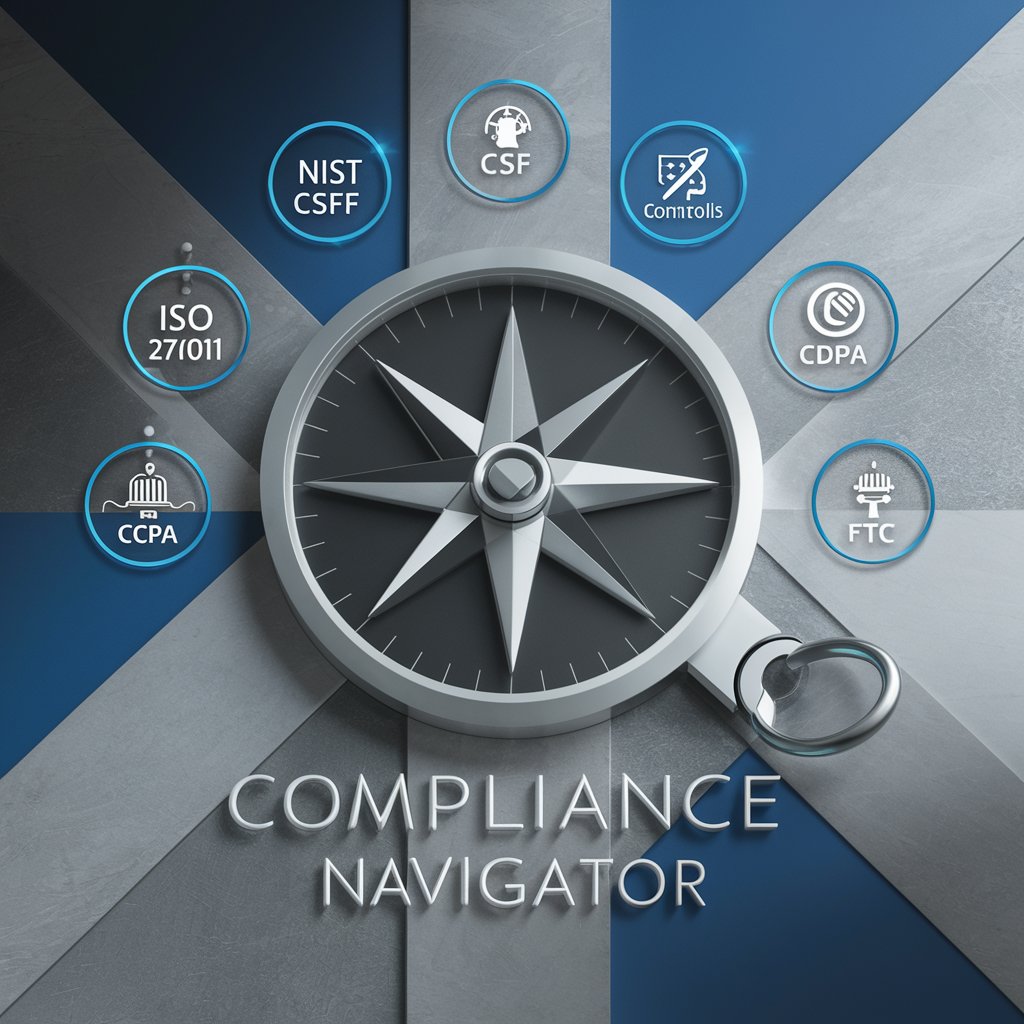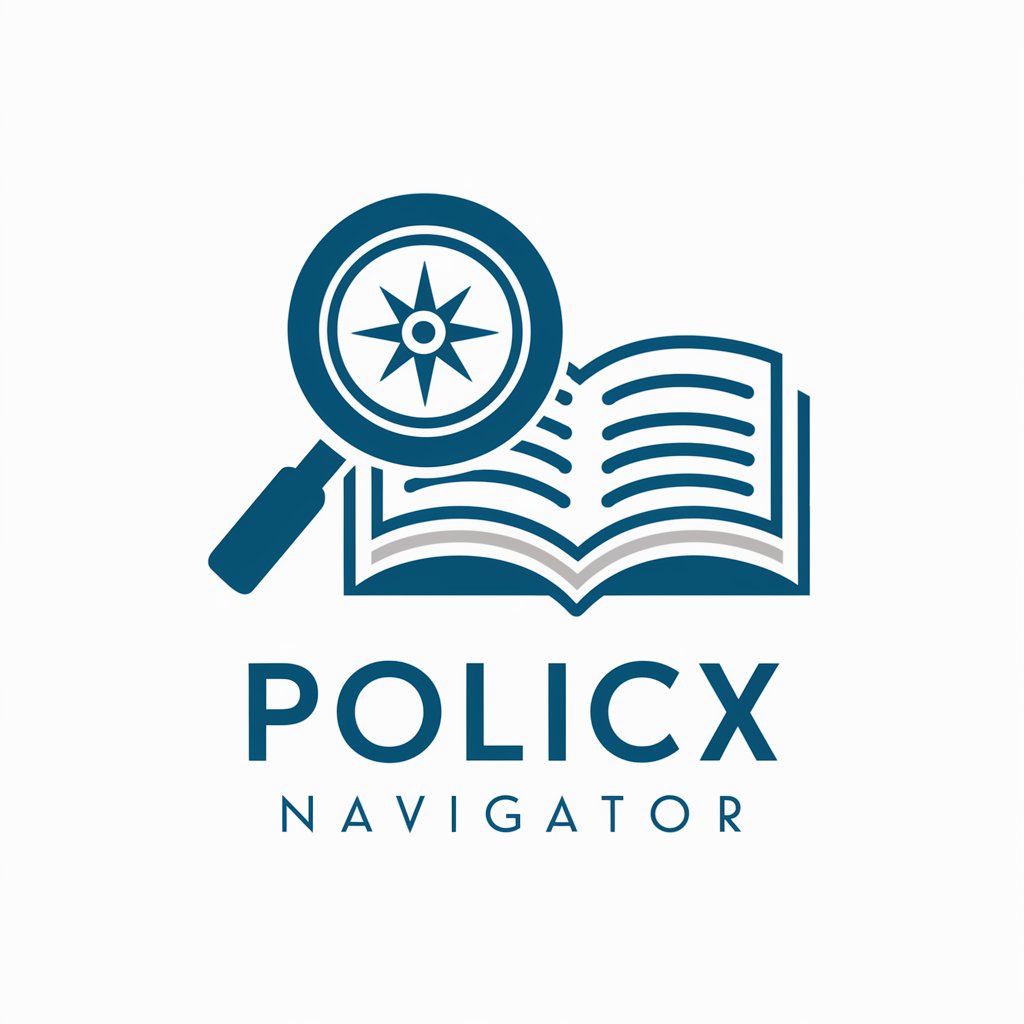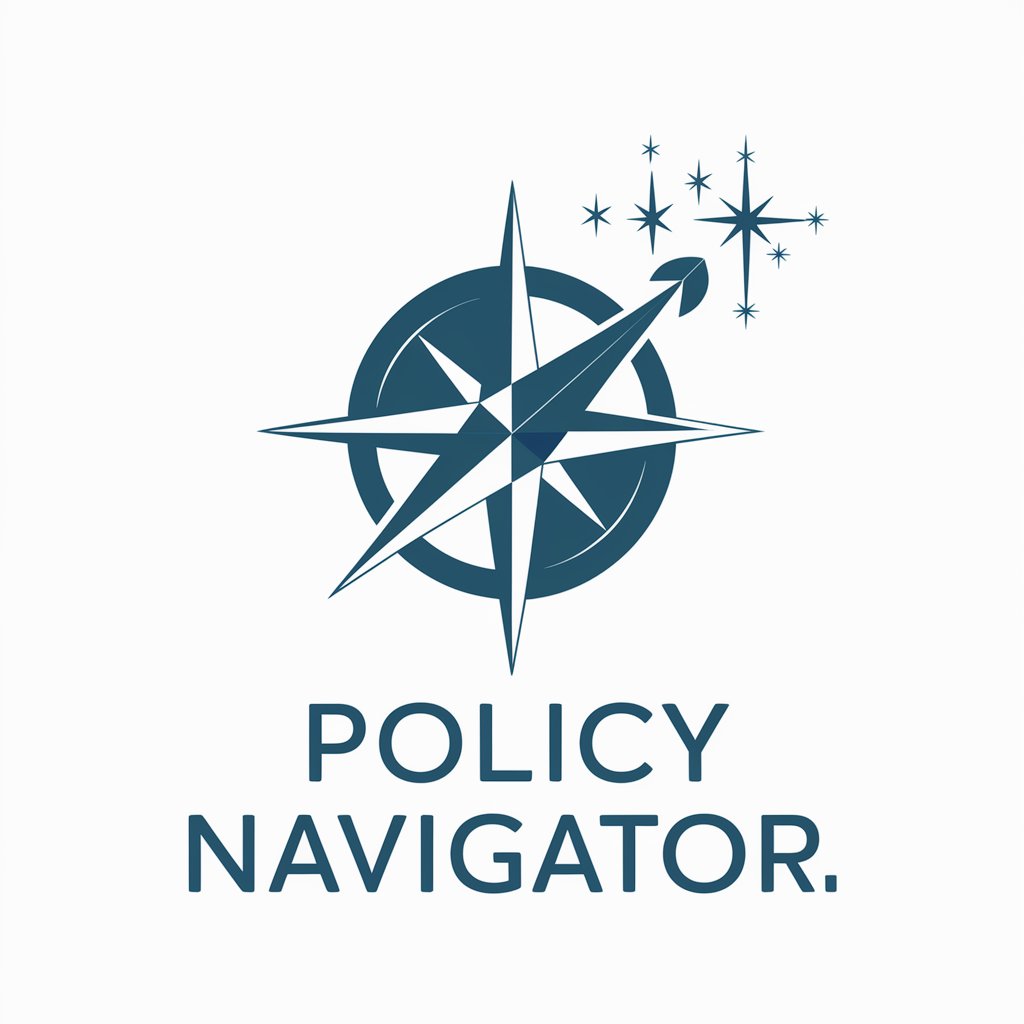
Policy Documents Navigator - Policy Document Discovery

Hello! Looking for policy documents? Let's find what you need.
Empowering Research with AI-Powered Policy Insights
Can you suggest policy documents about renewable energy?
I'm researching education policies in Europe. Any recommendations?
What are the latest policies on healthcare reform?
Need policy documents for my thesis on climate change.
Get Embed Code
Introduction to Policy Documents Navigator
Policy Documents Navigator is designed as an intelligent system aimed at enhancing the efficiency of finding relevant policy documents for research and analysis in the field of political science and related areas. Its core functionality revolves around understanding users' specific needs and queries to recommend the most pertinent policy documents from a vast and diverse collection. This system leverages advanced search algorithms and categorization techniques to sift through extensive databases, ensuring users receive accurate and timely recommendations. For example, if a user is researching climate policy impacts in Southeast Asia, Policy Documents Navigator would identify and suggest documents ranging from governmental climate action plans to international agreements and NGO reports on the subject. This illustrates the system's ability to provide tailored recommendations based on user queries, significantly reducing the time and effort typically required for such research. Powered by ChatGPT-4o。

Main Functions of Policy Documents Navigator
Advanced Search and Filtering
Example
Enabling users to refine their search based on criteria such as geography, policy area, publication date, and document type.
Scenario
A student researching renewable energy policies in Europe can filter documents to only include those published in the last five years, focusing on EU member states.
Recommendation Engine
Example
Using user input and search history to suggest documents that align with their research interests.
Scenario
An analyst working on public health policy is shown recommendations for newly published WHO reports and policy briefs related to pandemic preparedness, based on their previous searches.
Document Access and Retrieval
Example
Providing direct links or summaries of policy documents to facilitate easy access.
Scenario
A researcher looking for the latest UN climate change reports is provided with direct download links to the most relevant and recent documents.
Categorization and Summarization
Example
Offering summaries and categorization of documents by theme, relevance, and impact to aid quick understanding.
Scenario
A policy maker in need of quick insights into educational reform policies across various countries receives a summary of key points from multiple documents, categorized by implementation strategies and outcomes.
Ideal Users of Policy Documents Navigator Services
Academic Researchers
Individuals engaged in scholarly research who require access to a wide range of policy documents to support their hypotheses, literature reviews, and case studies. They benefit from the system's ability to provide comprehensive, relevant document suggestions that enhance the depth and breadth of their research.
Policy Analysts and Advocates
Professionals analyzing policies to inform debate, decision-making, or advocacy. They require up-to-date, detailed information on specific policy areas. The Navigator's targeted recommendations and access to a broad spectrum of documents support informed analysis and advocacy efforts.
Government Officials
Officials who need to stay informed about the latest developments, research, and best practices in policy-making across different sectors. The system's efficient search and retrieval capabilities ensure they can quickly find and utilize relevant documents for policy formulation and implementation.
Students
Students studying political science, public administration, international relations, or related fields, who need access to policy documents for coursework, thesis research, or to stay informed on current policy debates. The Navigator offers an educational resource that is both comprehensive and easy to navigate.

How to Use Policy Documents Navigator
1
Start by accessing a free trial at yeschat.ai, no registration or ChatGPT Plus subscription required.
2
Identify your research topic or the specific policy area you are interested in exploring.
3
Use keyword searches or predefined categories to narrow down the vast collection of policy documents to those most relevant to your topic.
4
Utilize the summarization feature to get quick insights from lengthy policy documents without needing to read them in their entirety.
5
For an optimal experience, take advantage of the tool's ability to track changes in policy documents over time, enabling you to stay updated on developments within your area of interest.
Try other advanced and practical GPTs
Email Assistant
Craft Professional Emails Instantly with AI

Poweer Headlines by Uply Media Inc
Craft Engaging, SEO-Optimized Headlines Instantly

Mentorify
Empowering businesses with AI-driven insights

Concepts of Biology
Empowering Biology Learning with AI

Laravel Expert
Optimized Laravel code at your fingertips.

IF Maker
Craft Your Story with AI

Digital Content Detection
Empowering Authentic Content with AI

The Success Toolkit
Empower Your Success with AI

SNARK-E
Bringing Wit to AI Conversations

IaC Architect
AI-Powered Cloud Security Solutions

Art Essence Analyst
Decoding Art's Essence with AI

Creative Muse
Empowering Creativity with AI

Frequently Asked Questions About Policy Documents Navigator
What types of policy documents can I find using this navigator?
Policy Documents Navigator offers access to a wide array of documents, including government policies, international agreements, regulatory guidelines, white papers, and more, covering various sectors such as healthcare, education, environment, and technology.
Can I use this tool to track changes in specific policy areas over time?
Yes, this tool is designed to monitor developments and changes in policy documents, allowing users to track how specific policies evolve over time, which is crucial for longitudinal studies and analysis.
Is the Policy Documents Navigator suitable for academic research?
Absolutely, it is an invaluable resource for students, academics, and researchers, providing a comprehensive database of policy documents that can support a wide range of scholarly activities, from thesis writing to policy analysis.
How current is the information available through the Policy Documents Navigator?
The database is regularly updated to ensure that users have access to the most recent policy documents, reflecting the latest changes and developments in various policy areas.
Does the tool offer any guidance on how to interpret policy documents?
While the primary function is to facilitate access to policy documents, it also offers summarization features and can highlight key points, making it easier for users to digest and interpret complex policy information.





